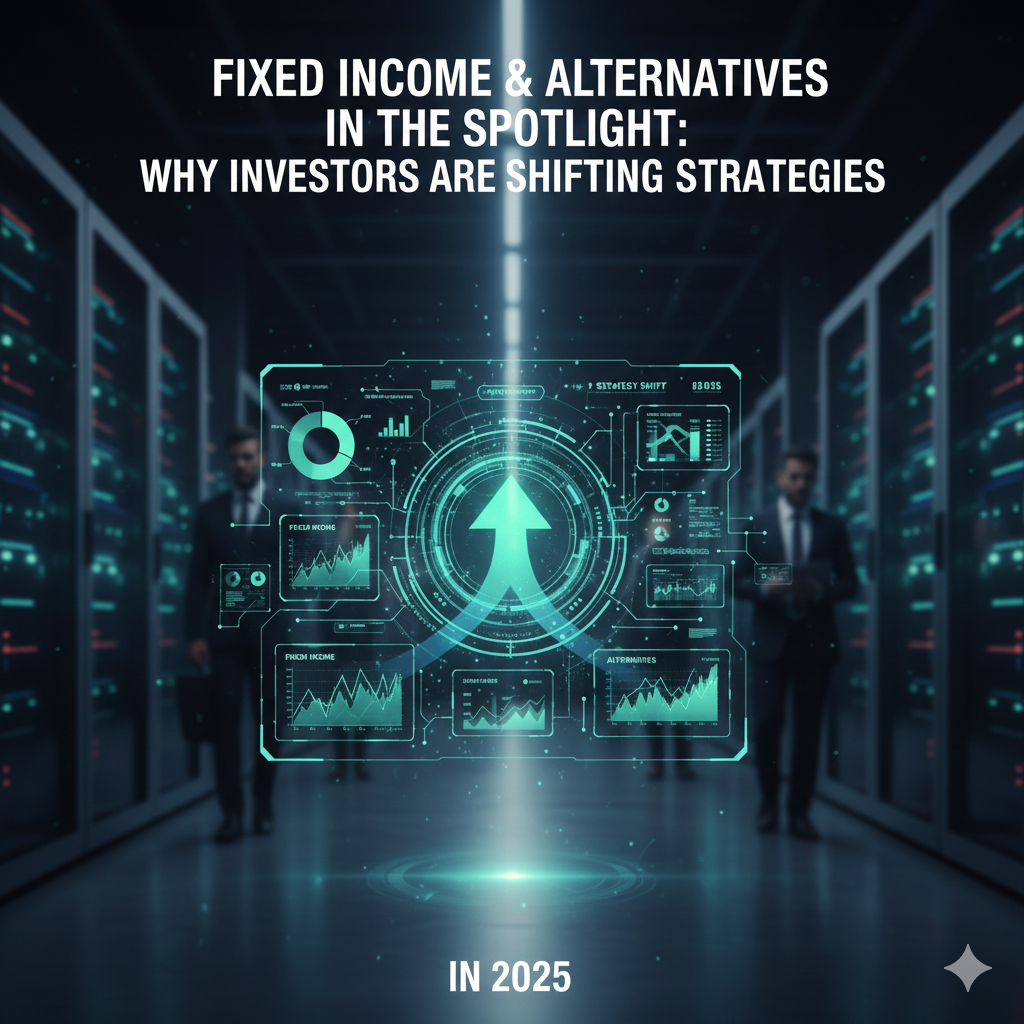The UK Financial Conduct Authority (FCA) has unveiled a forward-looking plan to encourage fund tokenization in the nation’s financial sector. This is a significant step toward integrating blockchain technology with traditional finance (TradFi), offering faster trading, improved transparency, and global accessibility.
Fund Tokenization: What Is It?
Fund tokenization is the process of representing ownership of an investment fund as digital tokens on a blockchain. Each token represents a fraction of the fund’s assets, including:
- Stocks
- Bonds
- Property
- Commodities
Principal Advantages of Fund Tokenization
- Fractional Ownership: Smaller investors can access funds that previously required high minimum investments.
- Global Accessibility: Tokens can be traded across borders, enabling worldwide investment opportunities.
- Enhanced Liquidity: Investors can buy and sell tokens more quickly than traditional fund shares.
- Transparency: Blockchain provides immutable ownership and transaction records.
- Efficiency & Automation: Smart contracts manage dividends, compliance, and reporting automatically.
The FCA’s Pro-Growth Approach
- Clarity of Regulations: Clear guidelines for licensing, compliance, and reporting for tokenized funds.
- Promotion of Innovation: Encourages fund managers to explore blockchain solutions without regulatory uncertainty.
- Pilot Initiatives: Sandbox programs allow businesses to safely test fund tokenization.
- Protection of Investors: Regulatory oversight ensures transparency, risk disclosure, and custody protection.
- Integration with Current Markets: Tokenized funds can interact seamlessly with traditional financial institutions.
The Process of Fund Tokenization
- Valuation of Assets: Fund assets are assessed.
- Issuing Tokens: Digital tokens representing ownership shares are issued on blockchains like Ethereum, Polygon, or Conflux.
- Purchase by Investors: Investors acquire tokens using cryptocurrency or fiat money.
- Smart Contract Administration: Smart contracts manage dividends, compliance verification, and redemption requests.
- Secondary Market Trading: Tokens can be traded on authorized platforms to enhance liquidity.
Effect on the Asset Management Sector
- Investment Democratization: Retail investors gain access to previously exclusive funds.
- Increased Liquidity: Traditionally illiquid assets like private equity or real estate become partially liquid.
- Reduced Costs: Blockchain automation lowers reporting, settlement, and administrative expenses.
- International Investment: Global investors can access tokenized funds without traditional banking barriers.
- Transparency and Confidence: Blockchain provides immutable proof of ownership, transactions, and compliance.
Difficulties and Considerations
- Regulatory Complexity: Compliance with multiple jurisdictions including FCA, SEC/ESMA, and AML/KYC standards.
- Cybersecurity Risks: Vulnerability to smart contract exploits, wallet hacks, or network downtime.
- Market Liquidity: Secondary markets must be active to trade tokens efficiently.
- Investor Education: Investors need awareness of tokenized funds and blockchain technology.
Global Trends in Fund Tokenization
- Switzerland: Crypto-friendly regulations promote tokenized securities.
- Singapore: MAS supports sandbox initiatives for digital securities.
- United States: SEC exploring tokenized mutual funds and ETFs.
- Germany: BaFin approves tokenized investment products.
FCA Sandbox: An Essential Facilitator
The FCA’s regulatory sandbox allows fund managers to test digital products safely before entering the market. It encourages:
- Innovation in blockchain-based fund management
- Testing tokenized fund settlement methods
- Gaining real-world feedback before scaling globally






